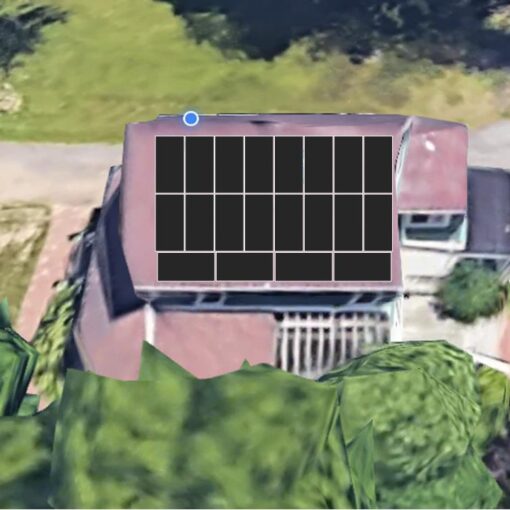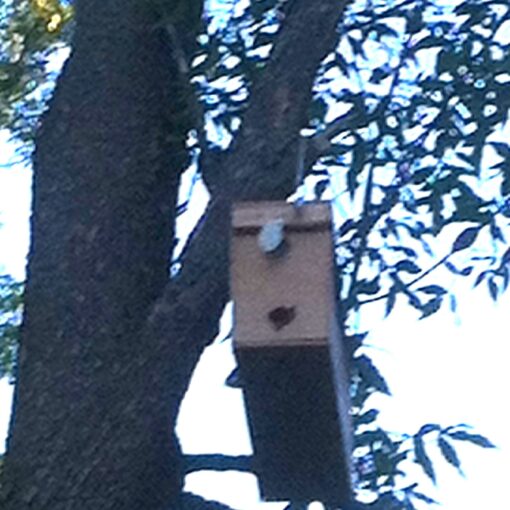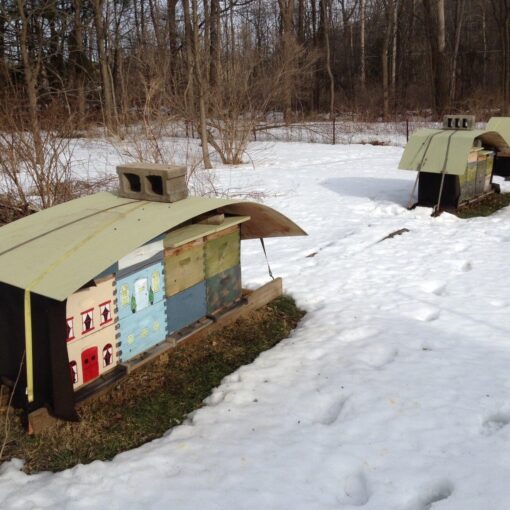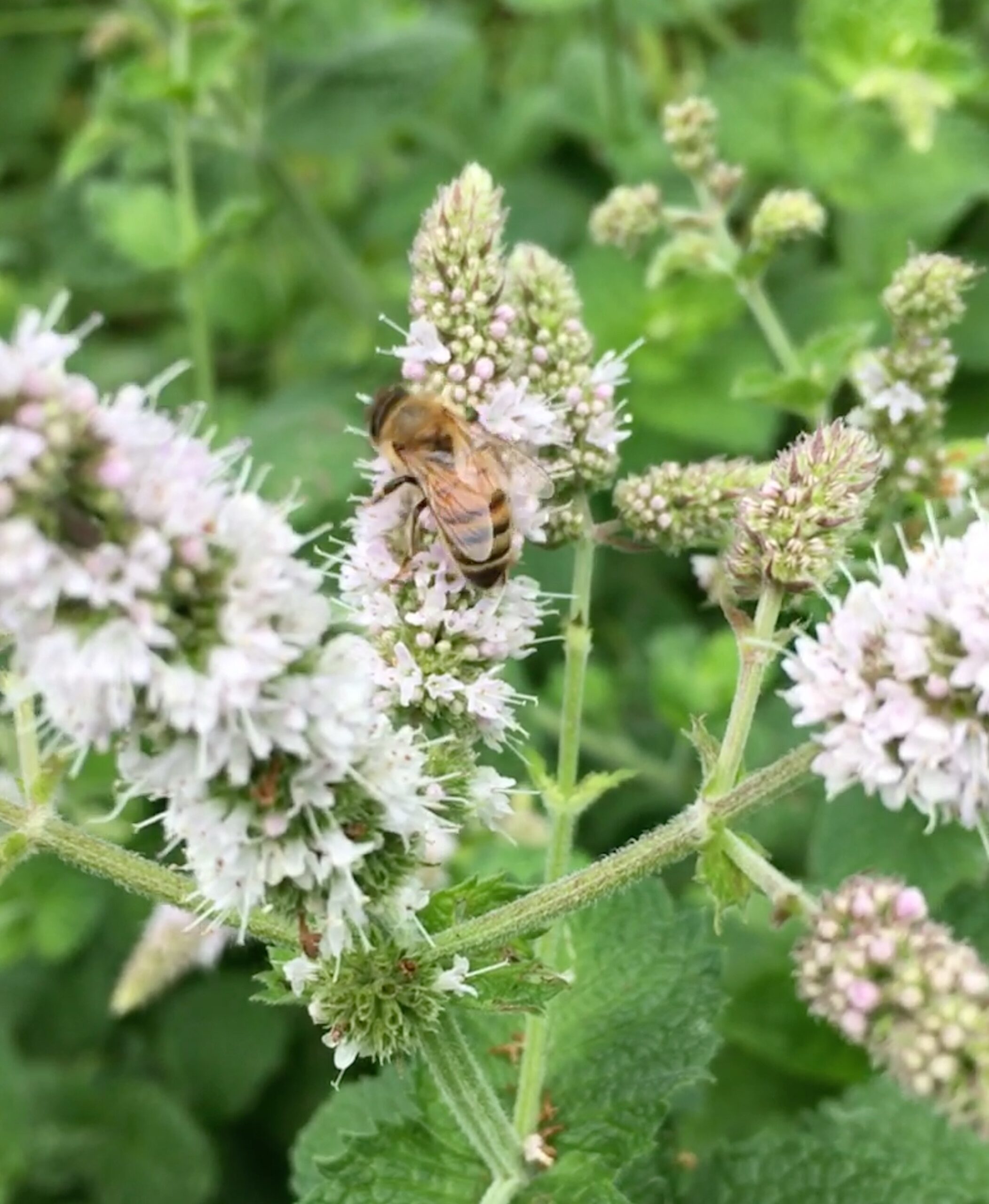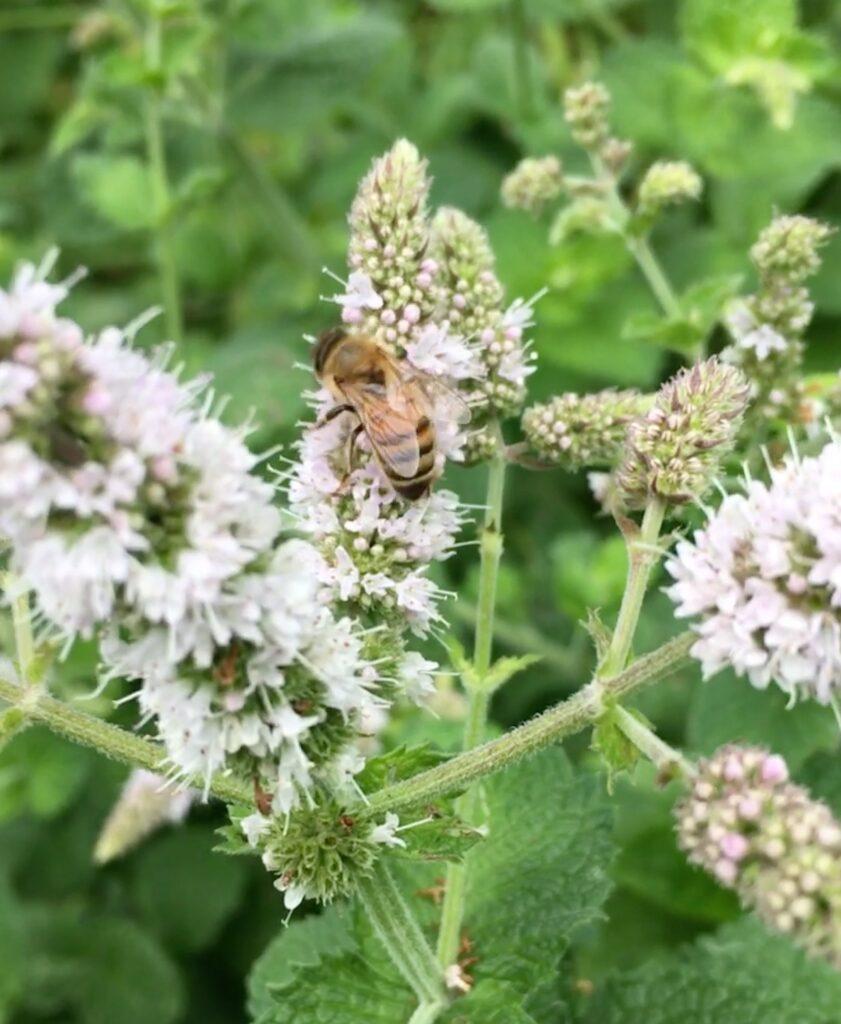
Have you heard the buzz about local honey and its potential health benefits? Proponents argue that local honey can be used as an all natural treatment to help alleviate allergy symptoms in some people. Read on to find out more about what the research says and how to incorporate local honey into your diet.
Here are the key benefits for allergy sufferers
There are several benefits of consuming local honey for those with allergies. Local honey can be used as an immunity booster that helps introduce small doses of allergens into the body, which could potentially lead to increased tolerance over time. Additionally, consuming local honey is thought to help regulate the immune system and reduce inflammation in the body.
Local Raw Honey Has Natural Anti-Inflammatory Properties That Can Help Ease Allergy Symptoms
Local honey contains anti-inflammatory components that can help reduce the swelling, redness, and itching associated with allergies. It is also known to be high in antioxidants which are thought to boost the body’s immune system and protect cells from damage. Additionally, local honey is thought to help the body create more healthy bacteria in the gut — something which could potentially lead to reduced inflammation and fewer allergies overall.
Local Bee Keeping Is Also a Significant Contribution to Pollination, Which Supports the Environment
Not only is consuming local honey beneficial for allergy sufferers, but having a local beekeeper is also significant for the environment. Nearly 1/3 of all food production relies on pollinators like bees, so without them the global food supply would suffer a major blow. Local bee keepers can do their part in keeping up those numbers by producing more honey and increasing pollination rates in areas of need.
What’s the Idea Behind Eating Local Honey for Allergy Relief?
Could local honey provide relief for seasonal allergies? The idea of consuming local honey as an immunotherapy treatment is similar to the use of pharmaceutical allergy shots and drops, in that it involves introducing a small amount of allergen to the body. Over time, this can help condition the body to become more tolerant to the allergen and reduce its allergic reactions. While some people might experience improved symptoms when using local honey, further research is needed to verify the effectiveness of such treatments.
Is local honey a viable way to help allergies? While it may sound appealing, be aware that there is a difference between allergen immunotherapy and consuming local honey. Eating local honey may contain pollens from flowers and plants which you may or may not have an allergic reaction to. Therefore, it is important to consult your doctor before taking any drastic measure when dealing with allergies.
When it comes to pollen allergies, local honey may not provide any help. The pollen collected by bees is typically from flowers, not from wind-driven sources like trees, grasses and weeds which are often the causes of seasonal allergies. While you can still enjoy local honey for its taste and health benefits, don’t expect it to be a miracle cure for your allergies.
Does eating local honey help with allergies? While honey is thought to have certain anti-inflammatory qualities that may reduce allergy symptoms, it has not been clinically established as an effective form of immunotherapy. Furthermore, there is no accurate way of measuring how much pollen is present in the honey, therefore making it difficult for a person to build up enough immunity or achieve a real cure through consumption.
So, Is Eating Local Honey for Allergies a Myth?
Many people believe that consuming local honey can help ease the symptoms of seasonal allergies. While there have been anecdotal reports of consuming local honey providing relief from seasonal allergies, there is not enough scientific evidence to support this claim. Clinical studies examining the efficacy of local honey in reducing allergy symptoms are limited and their results are inconclusive. As such, it’s difficult to make a reliable connection between local honey consumption and improved allergy symptoms for the general population.
Does local honey help with allergies? A study conducted in Malaysia in 2010 is usually cited as proof that this natural remedy works, but the results of the study are not definite. The small study tested 40 participants, half of whom took loratadine (Claritin) and real honey while the other half took loratadine and a honey-flavored corn syrup placebo. At first, both groups showed equal levels of relief from their allergy symptoms, however after eight weeks, the group taking honey showed more improvement. Although it’s worth noting that at that stage they were taking very large doses of both honey and traditional allergy medication.
